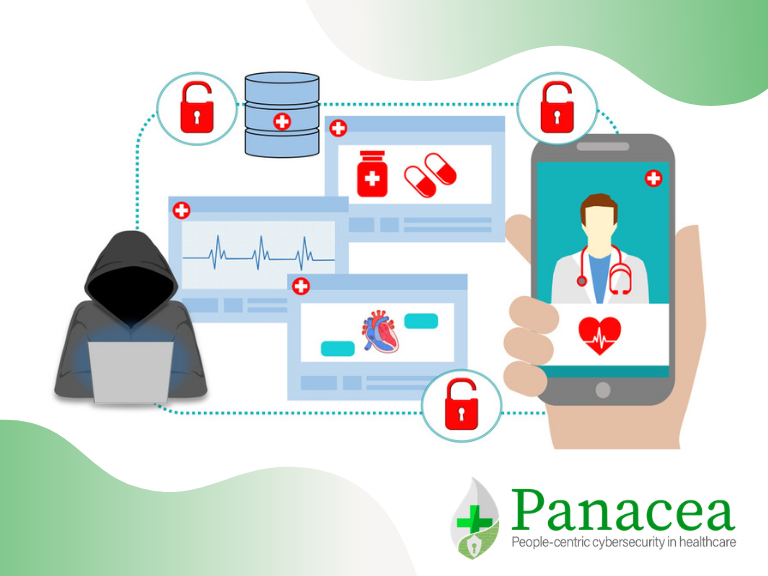The number of cyber-attacks around the world exploded in 2020: exploiting the Covid-19 pandemic as an opportunity for cybercriminals to take advantage of the shift in focus towards smart working and hospital staff transferred to the frontline.
Implementation of the General Data Protection Regulation: A Survey in Health Clinics

Abstract — The new General Data Protection Regulation (GDPR) was approved on April 27 2016. The GDPR 2016/679 aims to ensure the coherence of natural persons’ protection within the European Union (EU), comprising very important innovative rules that will be applied across the EU and will directly affect every Member State. Furthermore, it aims to overcome the existing fragmented regulations and to modernise the principles of privacy in the EU. This regulation will come into force in May 2018, bringing along several challenges for citizens, companies and other private and public organisations. The protection of personal data is a fundamental right. The GDPR considers a ‘special category of personal data’, which includes data regarding health, since this is sensitive data and is therefore subject to special conditions regarding treatment and access by third parties. This premise provides the focus of this research work, where the implementation of the GDPR in health clinics in Portugal is analysed. The results are discussed in light of the data collected in the survey and possible future works are identified.

